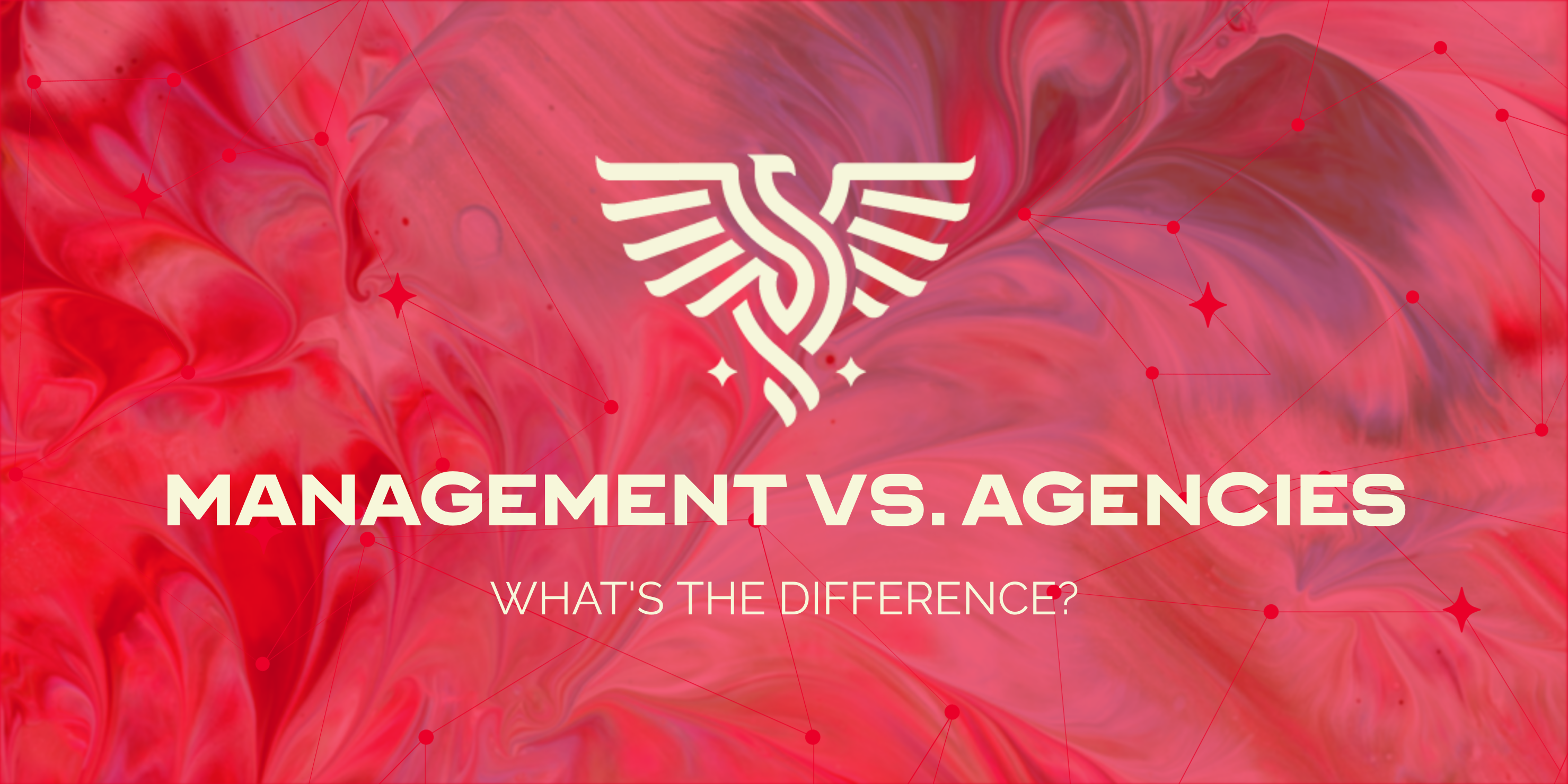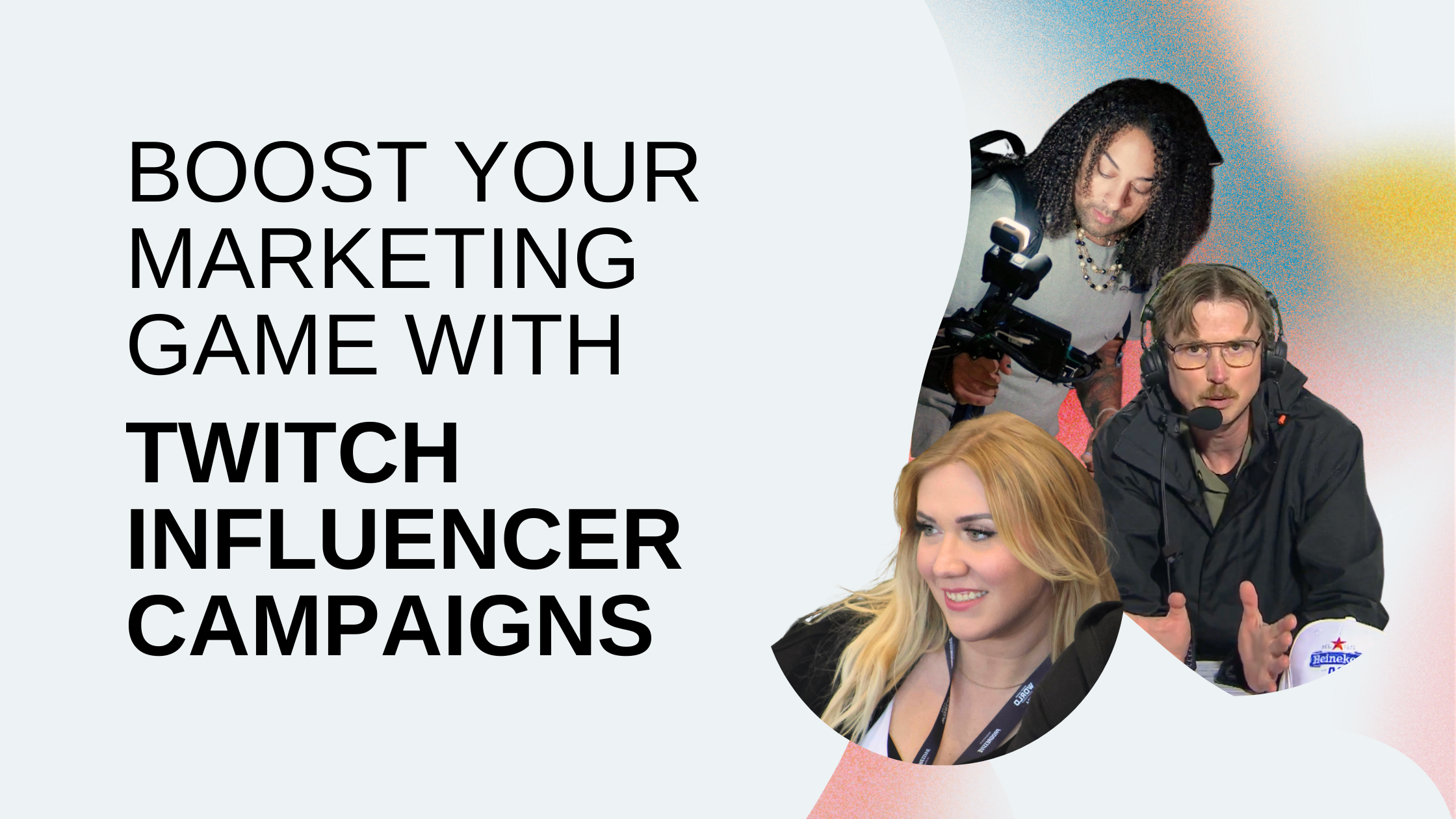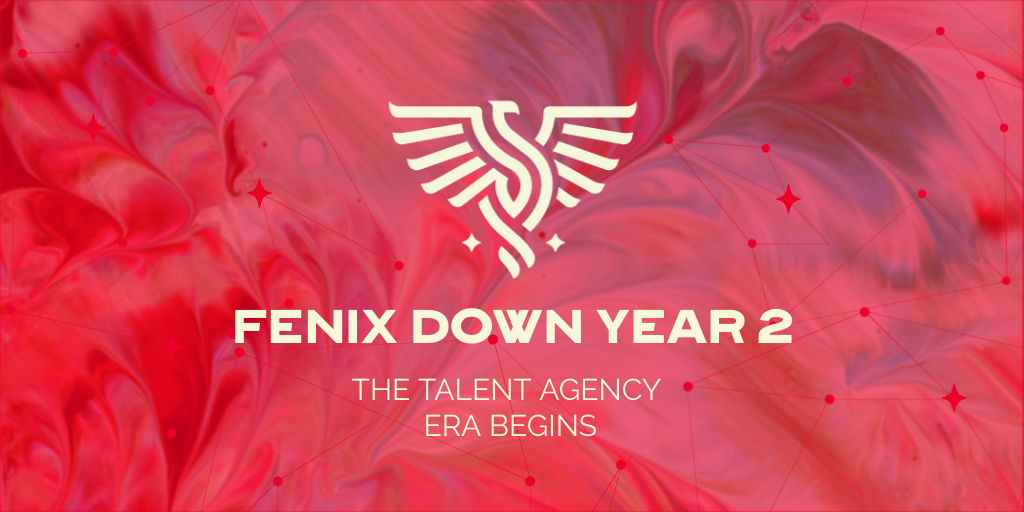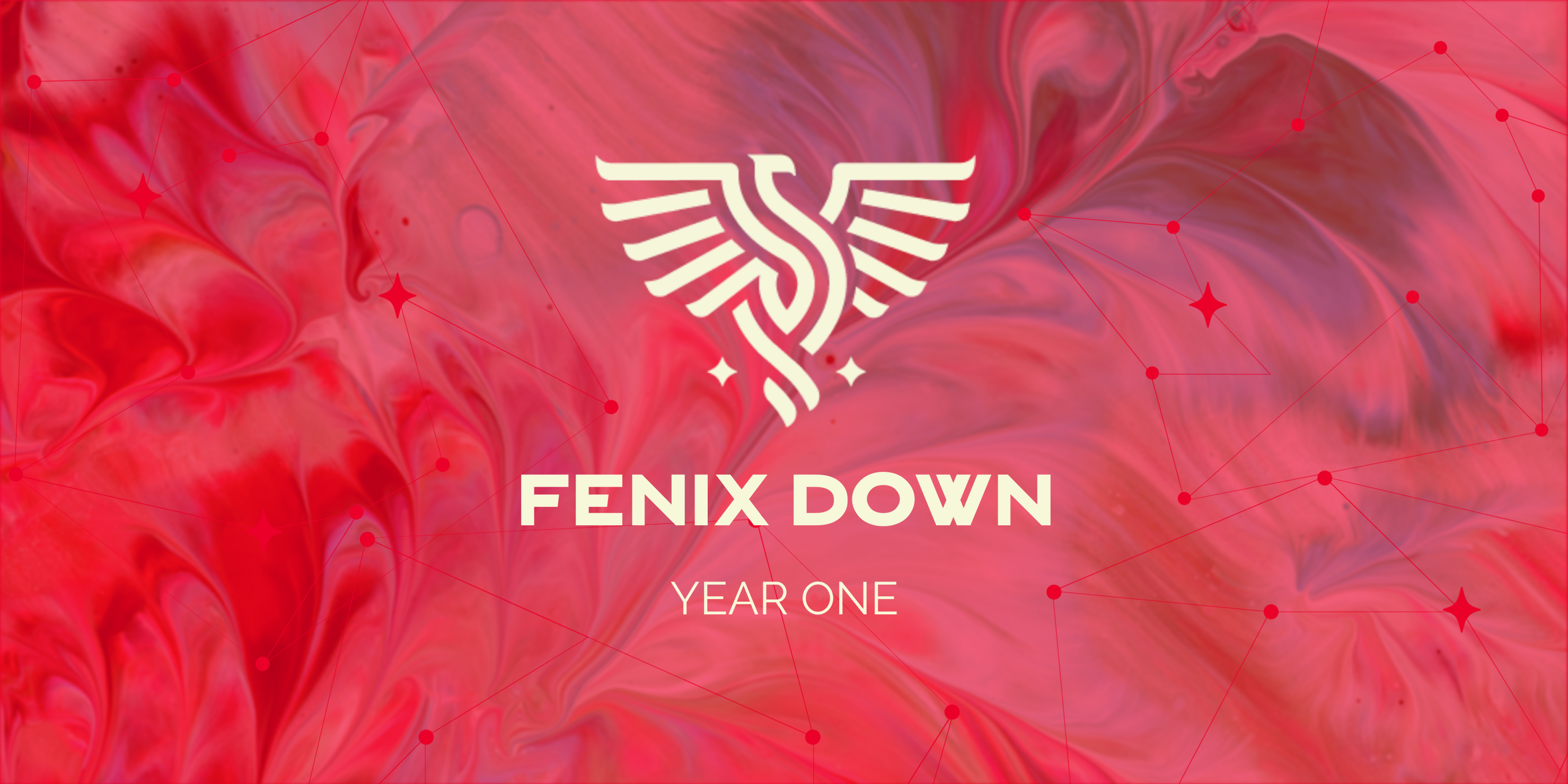When it comes to content creation, both creators and industry professionals often use terms like “management” or “agency” interchangeably. While related, these terms are often used to describe nearly any group or organization that works to assist content creators. The truth of the matter, however, is that these are two different roles, with conflicting priorities that should often be separated. We’ve found that too few people truly understand the distinctions, so we’re here to clear that up a bit.
Management vs. Agencies
The history of organizations working to assist content creators can be traced back to the early days of the industry. Many of these companies claimed to offer management services to creators who were experiencing a sudden, new level of success in a burgeoning new industry. The specific services offered by these companies varied but the general idea was to support creators in a behind-the-scenes capacity.
This concept was hardly a new one. Hollywood actors and artists from more established industries in entertainment have long utilized managers and talent agents to help advance their careers.
Similarly, creators have looked to these organizations as a means of helping them achieve more than they may have been able to on their own. One of the key services that creators often ask for in these situations is the opportunity to obtain more sponsored activations. It’s here, however, that we see the most important distinction between what services a manager provides and those that an agent provides.
Talent Agencies
Legally speaking, a talent agency is a “person or corporation who engages in the occupation of procuring, offering, promising, or attempting to procure employment or engagements for an artist or artists.” This means that the task of seeking and obtaining sponsored opportunities for content creators lies with an agent, not a manager.
This distinction is a significant one for a number of reasons. Most importantly for companies operating out of states like California where those acting as agents must first be registered as such. This process can be an arduous one but it’s an important step in ensuring the legality of an agency’s work.
The registration process itself gives creators assurance that their agent acts in their best interest. This is done by providing them with increased visibility on how the agency functions. Perhaps the most important aspect of this comes with the agent’s talent contracts. Part of registering as an agency involves having talent agreements reviewed by the Labor Commissioner to ensure that said contracts are not unfair or oppressive to the artist.
Furthermore, registered talent agencies are required to post a large bond to the state in order to guarantee payment of clients and maintain trust fund accounts for the artists that they represent. Regulations also dictate that a separate record must be maintained for all funds received and paid out to the talent. If the agency fails to pay their clients on time, the talent may then file a dispute to the Labor Commissioner in order to retrieve payment that is owed to them.
Management
So if agencies are the ones going out and getting additional work for creators, what sorts of responsibilities fall under management? The simple answer is everything else. Fenix Down offers full management services to our clients, taking the lead on most of the business logistics that come along with being a successful content creator.
As managers, our goal is to allow our clients to more freely focus on their content. We execute this by managing every other aspect of their business – from sorting inboxes, to running their merch stores, and to overseeing and executing sponsored brand campaigns. It’s our hope that by offering our experience, knowledge, and assistance, our clients are able to deliver better, more creative content and also live a more balanced life.
Why This Matters?
Now that you have a better understanding of what exactly an agent and manager do, you may be wondering why this distinction matters so much? It matters because there are a lot of management companies working specifically with content creators that are not registered agencies, but are acting as if they are.
This can lead to some unfavorable situations on the content creator’s side, such as:
- Creators exploited by companies taking too large of a commision.
- Creators paying agents or managers to find them sponsorships but not receiving any.
- Creators feeling pressured by agents to accept deals that are not right for them or their audiences, in fear of being dropped.
- Creators stuck in exclusive contracts without exit clauses.
While it may have been easy for companies to work around these laws in the past, the livestreaming industry is always growing. It’s easy to imagine that as the industry grows, the regulations and laws governing it will be more scrutinized as well. One example of this that we’ve already started to see has come from the music industry regarding licensing of songs in content.
Furthermore, earlier this year SAG-AFTRA, the prominent labor union representing actors, recording artists, and other media professionals, recently announced that they’ve agreed upon a new “Influencer Agreement” that would allow popular creators on platforms like Twitch to become members of their union.
It’s hard to imagine that established labor unions such as SAG-AFTRA would look the other way regarding unlicensed individuals working as talent agents. It’s with this in mind that one of the first decisions our team made was to ensure that Fenix Down would be a licensed talent agency. As of right now, we are in the process of obtaining this license in both Florida and California but once this is finalized, a Fenix Down Talent Agency will rise and provide creators with more opportunities to create unique and engaging sponsored content on their own terms.






